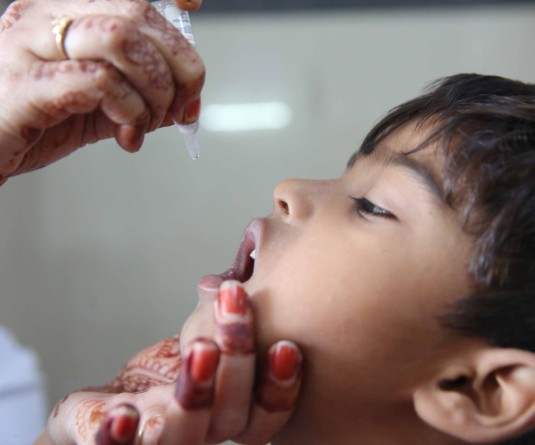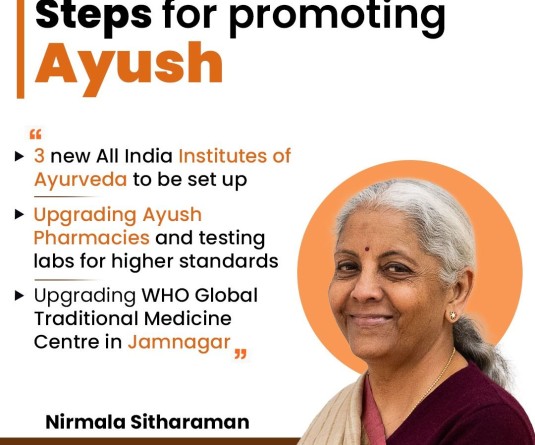IANS Photo

Washington, October 1 (IANS) Patients with multiple myeloma, a blood cancer of plasma cells in the bone marrow, who also have diabetes have a reduced overall survival when compared to those without diabetes, a new study led by an Indian-American scientist has revealed.
While investigators have long been aware of the increased risk of multiple myeloma in patients with diabetes, this is the first study to examine racial disparities in survival rates among those living with these comorbid conditions.
In a subgroup analysis, this difference in survival due to diabetes was seen in white patients but not in Black patients, according to a study published in the journal Blood Advances.
"We knew from prior studies that patients with multiple myeloma and diabetes have lower survival rates,” said Urvi Shah, a multiple myeloma specialist at Memorial Sloan Kettering Cancer Center.
“What we did not know is how these outcomes differ between races. Diabetes is much more common in Black individuals versus white individuals, and we wanted to understand whether this difference may play a role in health outcomes among patients with both conditions,” she explained.
Researchers conducted a retrospective study, collecting data from electronic health care records of 5,383 patients with multiple myeloma.
Fifteen per cent of patients included had a diabetes diagnosis (12 per cent of white and 25 per cent of Black patients).
Across the board, Dr Shah and colleagues observed that among patients with myeloma, those with diabetes had poorer survival rates than those without.
Notably, in this cohort, diabetes was 50 per cent more prevalent among Black patients 45-60 years old than white patients over 60 years old.
When investigating the mechanisms behind these findings, Dr Shah and colleagues observed that in genetically engineered mouse models, multiple myeloma tumours grew more rapidly in non-obese diabetic mice than in non-diabetic controls.
Going forward, Dr Shah and colleagues aim to identify therapies that stop both the development of multiple myeloma and the overactive insulin signaling pathway they believe may be prevalent in patients with multiple myeloma and diabetes.
Dr Shah is also investigating how modifiable risk factors like the microbiome and one’s diet can be altered to improve cancer outcomes.






